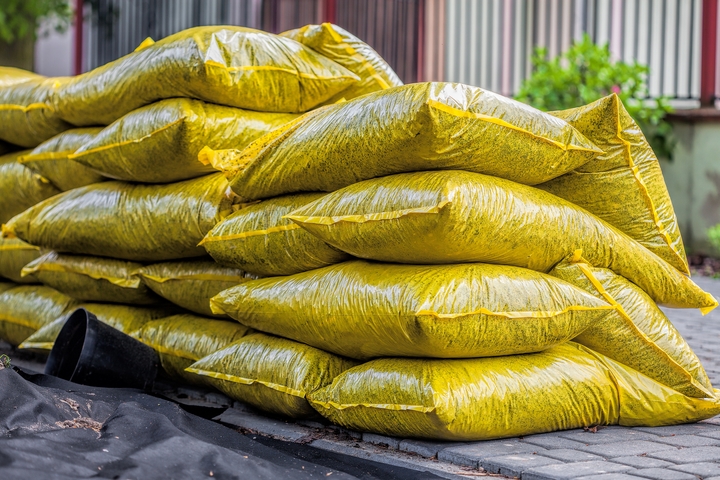
The best types of fertilizers are often organic and natural. If you have a kitchen garden, these chemical-free fertilizers are just what you need to grow those highly nutritious vegetables. There are also inorganic fertilizers you can use if you are looking to give your garden a quick boost. These contain chemical components with the nutrients your soil requires for plants to thrive. The key is to establish your plants’ nutrients requirements and get an inorganic fertilizer with those nutrients.
There are basically two types of fertilizers; organic and inorganic. Each type contains nutrients that are essential for healthy plant growth. Depending on the crop you’ve planted, there are different fertilizers you can use. These range from those high in certain nutrients such as potassium, phosphate, and nitrogen. For home gardens, you might want to use organic fertilizers with low chemical content, although inorganic ones are equally good, primarily due to their ability to speed up plant growth.
To ensure your lawn care is properly maintained, apply the right mix of these fertilizers. This should be guided by what nutrients a plant needs most to survive and thrive. Here are the eight best types of fertilizers to use for lawn care:
Type #1 – Kelp fertilizers

These types of fertilizers contain small amounts of nitrogen and potassium. They have a long-term effect on your crops. Kelp has been proven to stimulate the development of soil, enabling crops to flourish and increase their overall yield.
Kelp also boosts the tolerance levels of crops and plants to extreme temperatures, such as extended periods of sunshine and ice. Although you can easily purchase kelp in your local garden stores, you can also gather the necessary ingredients and compost it yourself.
Type #2 – Cow manure
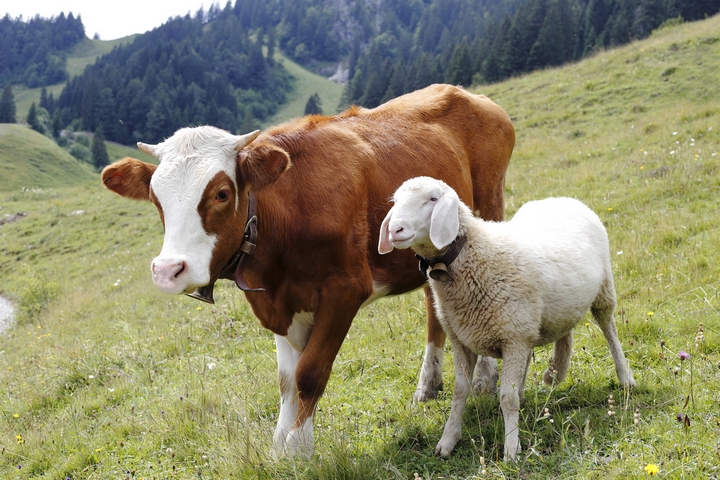
This highly popular muck, known as cow manure, is extremely rich in plant and soil-feeding nutrients. However, as with chicken manure, don’t apply the fresh dung directly to crops and plants since it can burn them.
The trick is to compost it first before using it on plants. Organically farmed cows produce the best organic manure (obviously), which is highly ideal for growing vegetables and fruits. You don’t want to apply chemical antibiotic residues to your plants.
Type #3 – Alfalfa meal

Although alfalfa meal contains moderate amounts of nitrogen, phosphate and potassium, it nonetheless benefits your garden in various ways. This plant-based fertilizer enables the production of nutrients that plants feed on. Over time, it increases crop growth. These types of fertilizers are proven to work exceptionally well on roses and is readily available in garden centres.
Type #4 – Limestone fertilizers
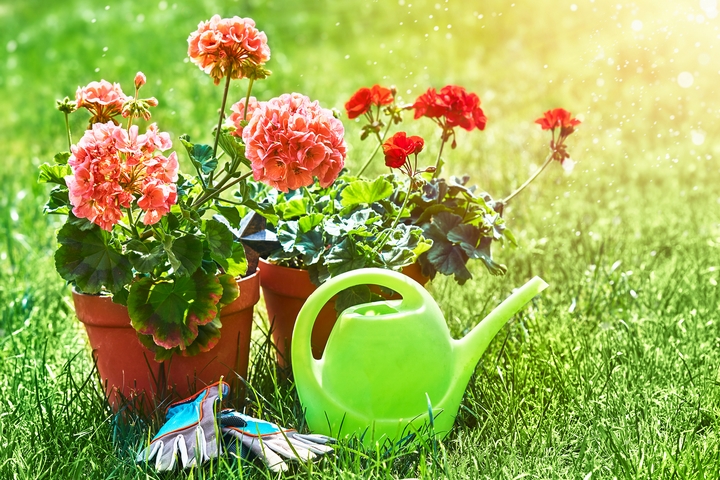
Depending on where the stone is sourced, you get different benefits from limestone fertilizer, which is very helpful to the soil. It’s especially useful in balancing PH levels in high acidity soils.
These types of fertilizers contain calcium, a nutrient that assists the plants’ overall growth. Another nutrient found in limestone fertilizer is magnesium, which makes your plants healthier and stronger. Before applying limestone fertilizer to your plants, first test the acidity levels of the soil to establish how much of the fertilizer you need to use.
Type #5 – Chicken manure
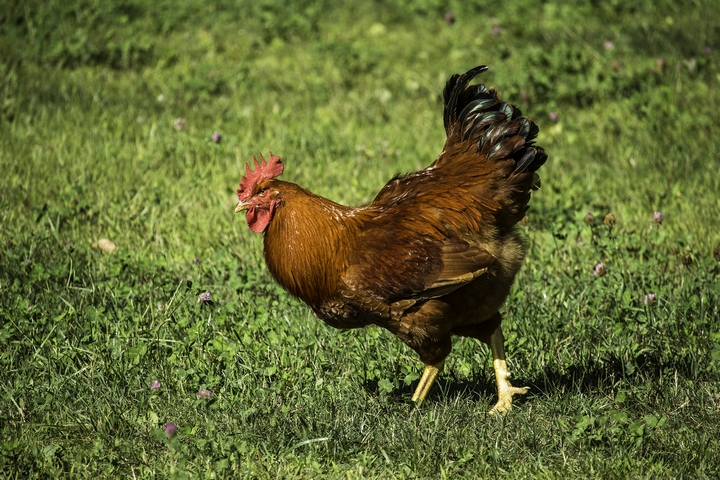
If you’re looking for the perfect compost, it’s chicken poo. It contains more phosphate, potassium, and nitrogen than the other types of organic manure. Besides, it comes loaded with magnesium and calcium nutrients. You can buy the fertilizer in pellet form, or, if you are a chicken farmer, you can compost the chicken muck yourself.
It’s, however, critical that you properly compost the manure before applying it to plants. This is because it contains a lot of nitrogen, which can burn your plants if the fertilizer is applied raw. It’s also crucial that you get your chicken manure from a free-range chicken farm to retain its nutritional and organic value.
Type #6 – High nitrogen fertilizers
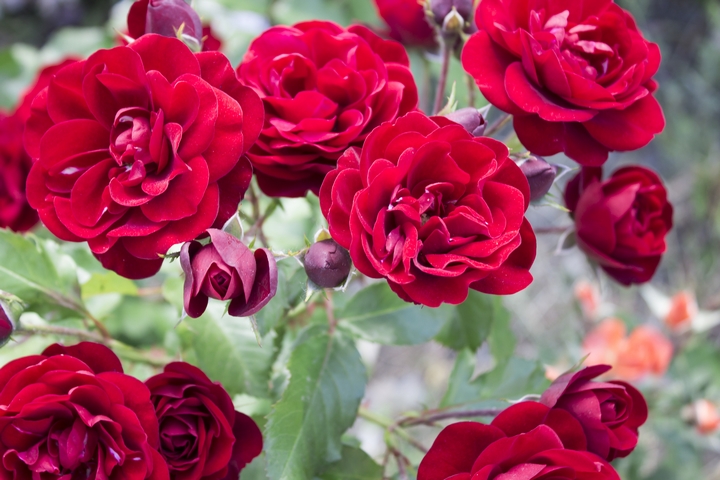
The nutrient responsible for plant growth is nitrogen. It’s especially critical in the mid-stages of a plant’s growth. This is the time when the plant needs the motivation to continue growing and produce leaves. Both inorganic and organic fertilizers contain nitrogen.
Type #7 – High phosphate fertilizers
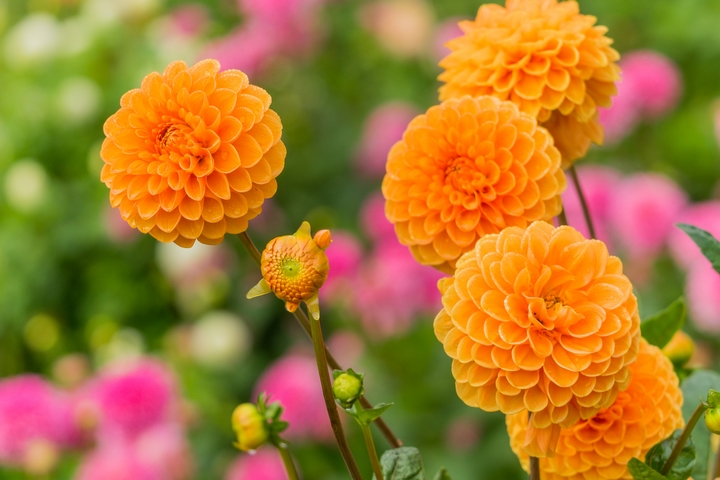
Plants need phosphate at every stage of their life cycle. This nutrient strengthens plants’ stems and root systems. It aids in the seeding, flowering and fruiting of a plant. If a plant has a phosphate deficiency, its growth will be stunted. Phosphate is slow-acting and long-lasting. For this reason, for best results, apply it to your soil ahead of planting.
Type #8 – High potassium fertilizers
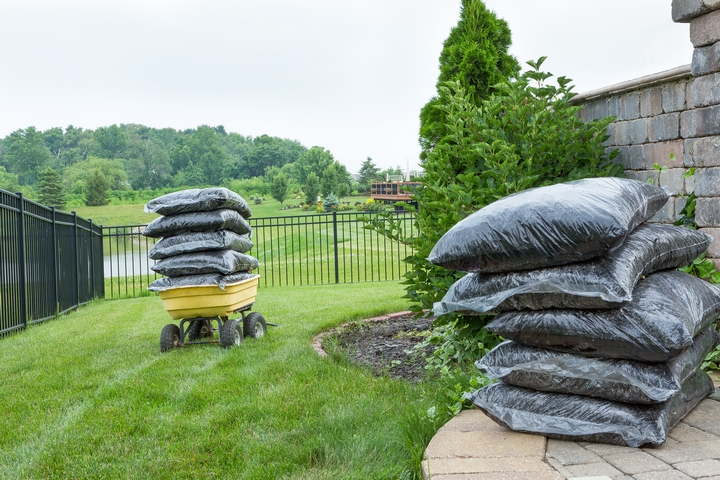
While nitrogen fertilizers are great for plant growth, potassium helps plants to grow stronger and deeper roots. It keeps your plants from harm’s way, especially when they are starved of other crucial nutrients. Potassium aids in photosynthesis and can slow down the spread of diseases that might attack your garden.
These types of fertilizers have many other benefits. How and when to use this fertilizer depends on the crop you intend to plant. To use it effectively, apply it as close to a plant’s roots as possible. Should your plants experience potassium deficiency, the edges of the leaves will start to brown or yellow. If the deficiency persists, the leaves eventually die.
